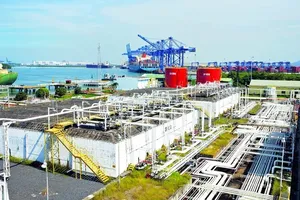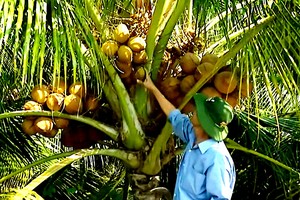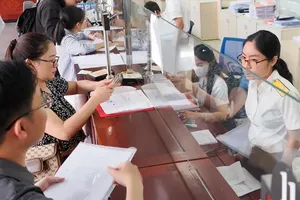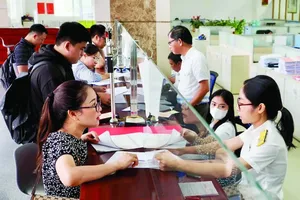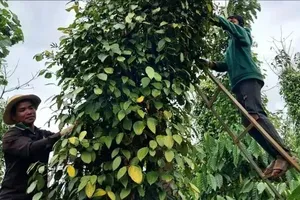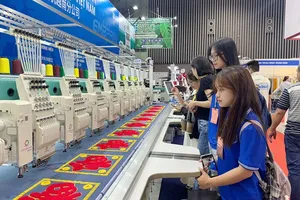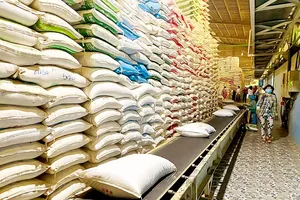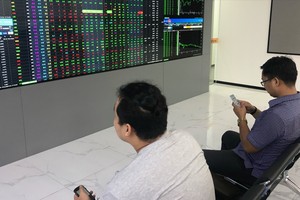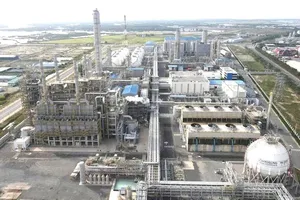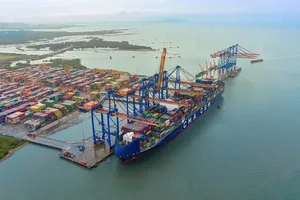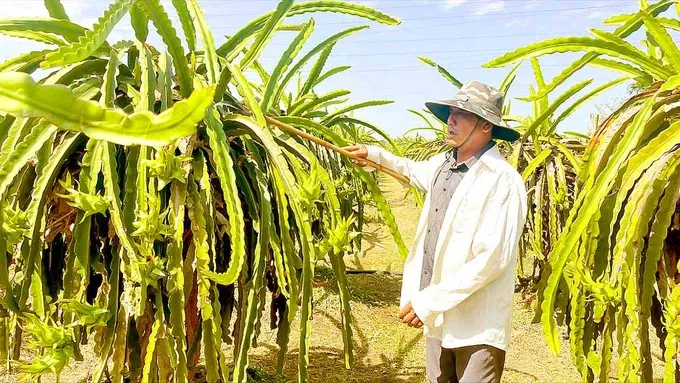
Deputy Director Phan Van Tan of the Binh Thuan Province Department of Agriculture and Rural Development shared that in the 2021-2023 period, the province received support from both the Agriculture and Rural Development Ministry and the United Nations Development Program (UNDP) for its project ‘Promoting participation of the private sector in low-carbon investment and climate change response of the agriculture sector in Nationally Determined Contribution (NDC) of Vietnam’.
The common aim of this project is to boost the contribution of the private sector to carrying out activities to reduce greenhouse gas emissions and adapt to climate change. In particular, dragon fruits in this project will be grown green and sustainably.
The project is implemented in four cooperatives and businesses in 3 major districts for dragon fruit planting of Binh Thuan Province, giving benefits to nearly 4,500 people. Until now, all participants have switched from compact light bulbs to LED ones during the growth of dragon fruit trees to save energy. They also apply water-effective irrigation systems and an e-diary app to record their work. The produce all meets GlobalGAP standards and receives a corresponding certificate to sign consumption contracts with foreign buyers.
“Via this project, farmers are able to save over 50 percent of energy use, 42 percent of water use, and reduce 68 percent of exhaust fumes volume. Renewable energy has been chosen to serve the tasks of packaging and watering”, said Chairman Doan Anh Dung of the Binh Thuan Province People’s Committee.
Deputy Director Tan further informed that the traceability system with the consultation of local farmers allows real-time monitoring and access of updated data on carbon emissions. Through a QR code attached to each dragon fruit, buyers can trace its origin and transparency. By the end of 2023, there had been 23,300 tonnes of dragon fruits attached with these codes for traceability.
This method of ‘carbon footprint’ tracking will be promoted to establish green, clean and environmentally responsible agriculture. In 2023, the provincial Agriculture and Rural Development Department added the feature of e-diary in the traceability software so that farmers can record planting activities for the main crops in the province like dragon fruits, durians, jujubes. Other fruit types will be added in the future.
To support Vietnam to expand this useful project, UNDP is working with the Ministry of Agriculture and Rural Development to apply the project of ‘Development of sustainable, low-carbon dragon fruit farming in key regions until 2030’, aiming at standardizing sustainable, low-carbon practices in growing this fruit and encouraging circular approaches as well as practical financial models to copy the successful model in Binh Thuan Province.

